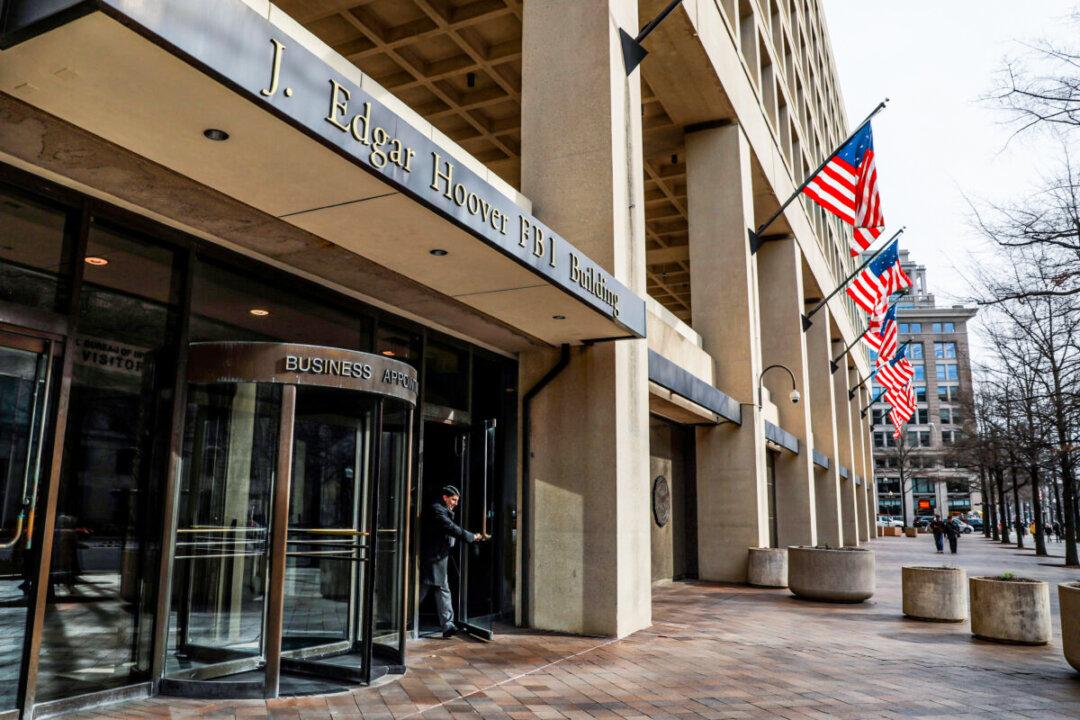WASHINGTON—In the final weeks leading up to the 2016 election, FBI agents were sent down a rabbit hole of chasing supposed secret communications between then-candidate Donald Trump and a Russia-linked bank. They ultimately found the claim bogus, but not before launching a full investigation and employing both internal and outside experts. The allegation fueled the FBI’s broader probe of alleged Trump–Russia collusion, which also came out empty-handed, but successfully cast a shadow on the first years of Trump’s presidency.
Things might have gone differently on the FBI’s part if the bureau hadn’t kept its agents in the dark about the fact that the secret communications claim came from a lawyer, Michael Sussmann, on the payroll of the Democratic Party, FBI agent Ryan Gaynor testified during Sussmann’s trial in the District of Columbia on May 23.






